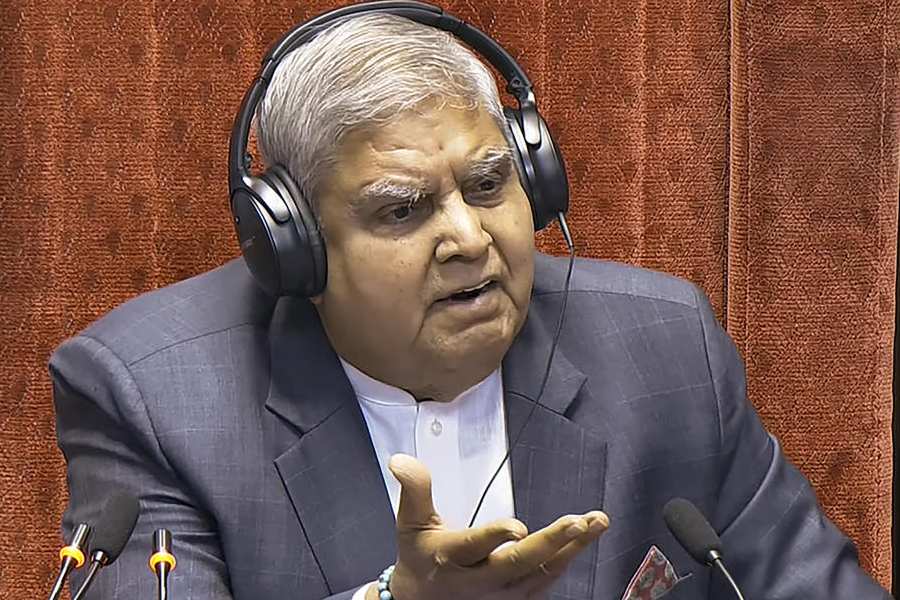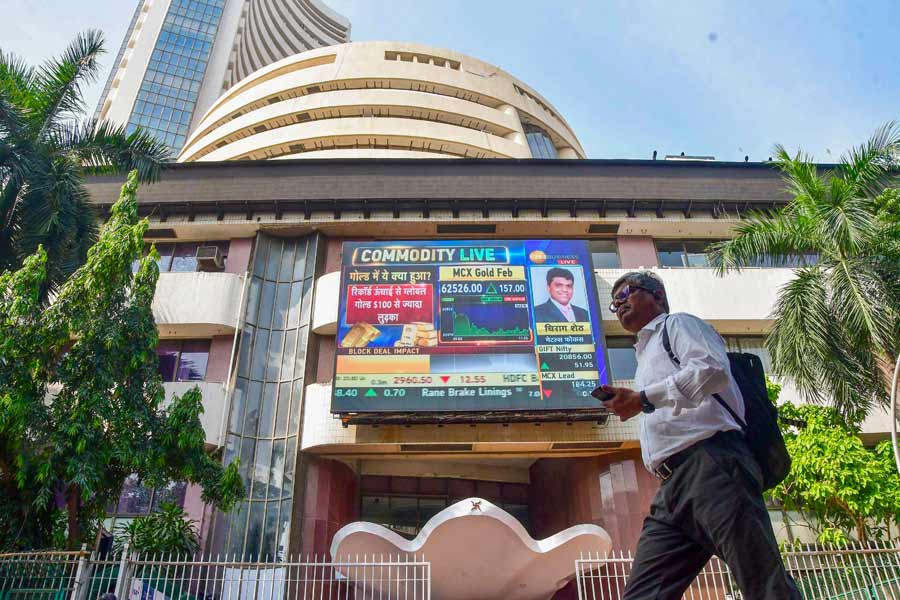Banks are reaching out to Visa Worldwide (Visa) after the Reserve Bank of India cracked down on Mastercard for failing to comply with its data storage norms.
Lenders that had tied up with Mastercard as their principal payment system partner are now scrambling to join Visa.
On Wednesday, the RBI barred Mastercard from taking on new customers — debit, credit or pre-paid — on its card network from July 22 as it had failed to comply with an April 2018 circular directing all system providers to ensure that the entire data relating to payment systems operated by them in the country “are stored in a system only in India”.
The RBI had taken similar action against American Express and Diner’s Club in late April.
On Thursday, RBL Bank said it had entered into an agreement with Visa to issue credit cards to its customers. The bank will start issuing credit cards on the Visa payment network after the technology integration which is expected to take 8 to 10 weeks.
“In the interim, our bank’s current run rate of approximately 100,000 new credit
card issuances per month could potentially be impacted till such time that there is clarity from the regulator on issuing new credit cards on the Mastercard network or till the technical integration with Visa is complete,” RBL Bank added.
It currently issues credit cards only on the Mastercard network. The private sector bank has around 30 lakh credit card customers and is the fifth largest issuer of such cards in India with a market share of around 5 per cent. However, its debit and pre-paid cards are enabled on other payment networks in addition to the Mastercard network.
According to a Nomura report, RBL Bank, Yes Bank and Bajaj Finserv will be the hardest hit by RBI's action against Mastercard.
The brokerage said HDFC Bank — one of the largest credit card issuers in the country — has 60 per cent of its card schemes tied to Mastercard, Amex and Diners. In the case of Axis Bank and ICICI Bank, this works out to about 35-36 per cent.
“Mastercard is fully committed to our legal and regulatory obligations in the markets we operate in. Since the issuance of the RBI directive requiring on-soil storage of domestic payment transaction data in 2018, we have provided consistent updates and reports regarding our activities and compliance with the required stipulations.
While we are disappointed with the stance taken by the RBI... we will continue to work with them to provide any additional details required to resolve their concerns,” Mastercard had said in a statement after the RBI action.
The RBI had set an October 2018 compliance deadline for payment system providers after it issued its original circular in April that year. It said it had sent out repeated reminders to Mastercard and grew increasingly exasperated with its foot-dragging on the issue.
Visa is unlikely to face regulatory action on this score as reports suggest that it has already complied with the RBI's data localisation rules. Initially, it had lobbied the banking regulator and the government along with the others seeking a relaxation of these rules.
The RBI fobbed off the pressure and did not buy the argument that there was a need to establish a back-up data centre in another geography to mitigate the risk of data loss — which they had said was a standard procedure across the world.











